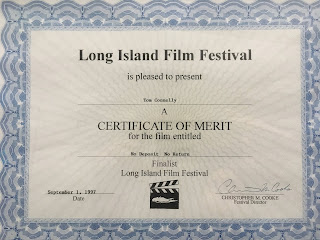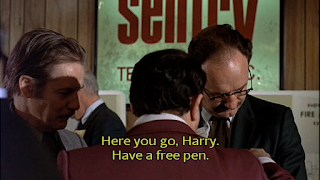I made this cheesy flyer for our first show in December of 1991. The line up was me (drums), Jim Antonelli (guitar), Sam Carbone (guitar), John Guerriero (bass) and Mike Score (vocals). As you can see, there's no All Out War logo and my handwriting pretty much sucks. And don't bother calling that phone number - The Class no longer exists.
This flyer is for a show we played in the winter of 1992. Erik Carrillo had replaced John. His previous band was Violent Plague. This was one of the first flyers that featured the All Out War logo, which the band continues to use to this day. It was only a few months later that Sam would be replaced by Chris Chisholm on guitar.
Za Bar was a small place we played in Dutchess county. I'm almost certain it was a pizza parlor. When you're a new band on the scene, you take what you can get. I do remember we had written a song called "Sum of All Fears" which we played at this show. We later dropped the song. A few of the parts can be heard in the song "Show of Force. "
This is a video clip of "Show of Force" from QE2s in Albany, NY (summer of 1993). It was one my last shows with the band. We recorded "Show of Force" with other songs in 1993. We never released the demo. The Dying Gods EP comes with a download of some of the songs from the 1993 Demo.
We opened for a lot of national acts at the skate park in Newburgh. We also played a number of show with Dissolve from Dutchess county. They are an incredibly talented band. I am glad they're still playing shows and recording music.
Above is us performing "Stuck Inside" at the skate park in 1992.
I have no recollection of this Halloween show. But I do know that Rock Fantasy in Middletown, NY is one of the coolest and best places for all things metal.
An interview before a show we played at the Bond Street Cafe in the summer of 1993. You can get sense of where the band was at.
This photo was taken of me in December of 1991 at The Class in Middletown, New York. It was our first show. I can't believe how big my drum set was. Did I really need two floor toms? Sometimes visiting the past can be a blast.
















































